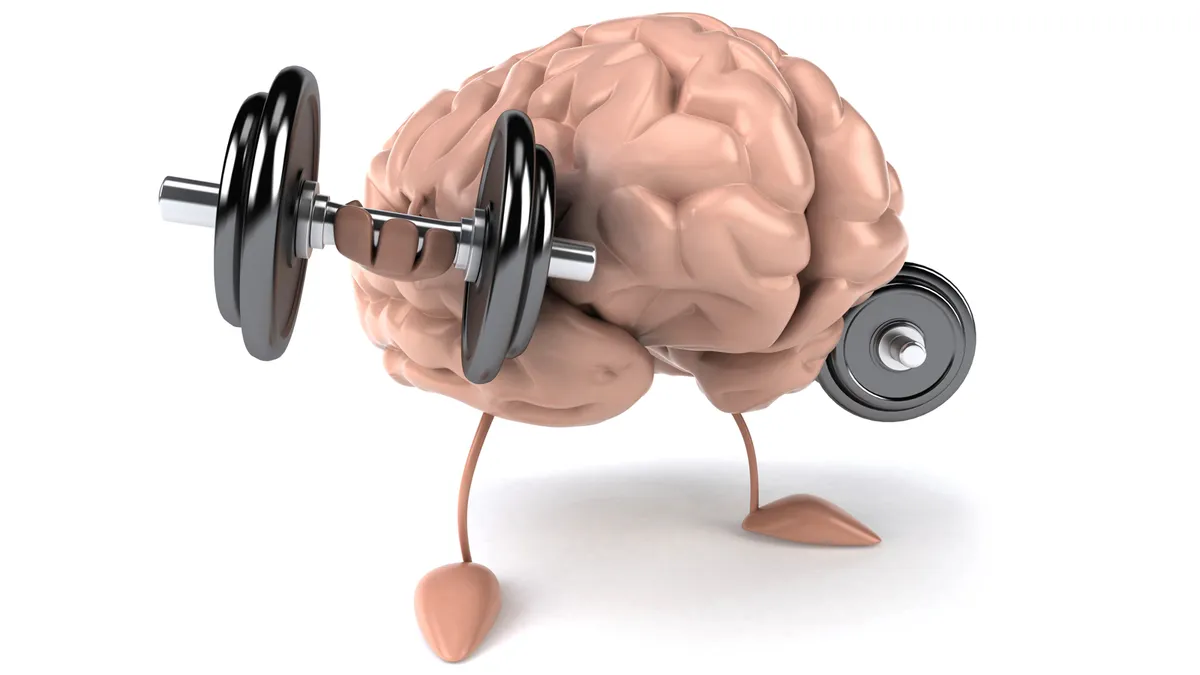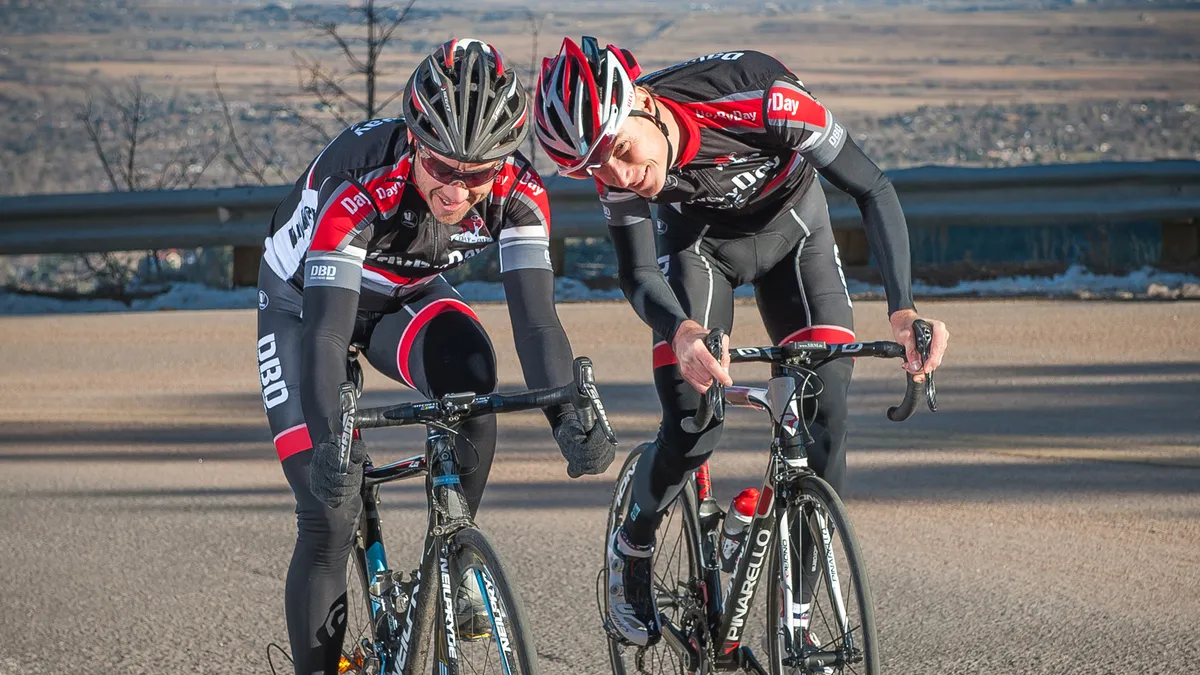In the last Training day by day article, Chris Baldwin offered nine tips for mental strength in cycling. Following on from these, Ben Day looks at why confidence, positive thinking and belief, leads to power and success.
Your mind can either be a weakness or a weapon, and just like a muscle, it needs to be trained to make it stronger. You've heard people mention the power of positive thinking, right? That's not airy fairy mumbo jumbo – training your mind really does elicit physiological changes.
Don't forget to check out more of our Training Day by Day features.
The science behind our thoughts
Our brain is made up of billions of neurons, in an elaborate network, which receive and transmit electrochemical signals in order to create function as we know it.
Along with our spinal cord and peripheral nerves, our brain is an integral part of our central nervous system. All of our conscious and unconscious actions are controlled by our central nervous system.
If you consciously think to move your foot, there is an electrochemical signal sent from your brain where your thoughts evolve, along a neural pathway to the muscles that control your foot, which then contract to perform the movement.
Changing for the better
Imagine this pathway as a small stream on the beach, where finds its way back to the ocean. How easy is it to change the path of this stream so that it now takes a different path to the ocean? All you need to do is drag your toe in the sand, to form a new path of least resistance a new path for the water to follow.
Your neural pathways in your body work like this, both consciously and unconsciously, and you can change the outcome through training and rewriting this pathway. Through repetition, bad experiences and/or trauma, our actions and reactions are burned pretty deep, creating a standardised response, so in order to form a new path of least resistance, an optimal pathway, we need to manipulate our thoughts and actions.
Visualisation exercise
Ignoring what is haunting us can be futile. Our experiences and memories can either be conscious or unconscious, so when something is up, it is best to confront it and find peace with it.
Let's say there is a part in a race coming up that you're afraid of, a steep climb or a dangerous descent, or you're feeling the pressure to perform well. Put yourself in a safe environment such as your home. Turn off all of your gadgets and dedicate some quiet time to your mind. Close your eyes and visualise this moment of the race. Bring in the sounds, the smells, what it looks like, how it makes you feel – make it as vivid as you can. Now breathe in deeply, full diaphragm breaths from your belly and lungs and work through this scene of the race over and over again, with a positive spin on it.
See yourself succeeding, conquering the adversity. Do this enough times that this thought travels down a neural pathway of least resistance. Come race time, this moment will no longer be one of great stress and your body won't be hindered by actions and reactions caused by bad neural patterning.
Remember back to the Tour de France stage 5 – we saw the riders facing great stress as they tackled the wet and slippery cobbles of the northern part of France. Approaching any of these sections with premeditated fear, the riders would have been bound by stress, increasing their chances of crashing. You could see riders such as Lars Boom, free in mind, determined, positive, surfing the limits of adhesion to the road and, consequently, he won.
Just the beginning
This is where it all begins. Optimal performance cannot happen without a strong mind. There is more to be gained from implementing mental training into your preparation than in squeezing out an extra few miles on the road each day.
Mark Williams, a US Air Force F-15 combat veteran and CEO of Dynamic Human Solutions, where I underwent a program of mental training, says: “Combat or competition – it doesn’t matter where – when you’re digging down deep and giving it everything, the mind is the ultimate arbiter of success”.

Strengthening your mind is a crucial part of training and success
In future articles, Ben Day and Chris Baldwin will continue to share with you methods of reinforcing your mental strength. Do you have any methods for mental fortitude? Share them with the guys on Twitter: @daybydaycoachin
Ben Day started DaybyDay Coaching to share his experience as a 13-year international professional cyclist with endurance athletes of all levels. A current professional with the UnitedHealthcare Pro Cycling team and coach to many professional athletes throughout the world, Ben provides insight and coaching services balancing science and real-life experience to optimise performance.
